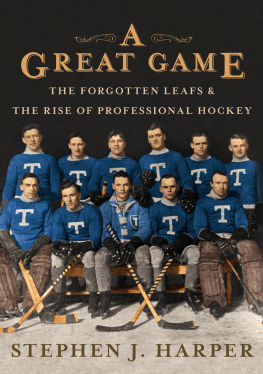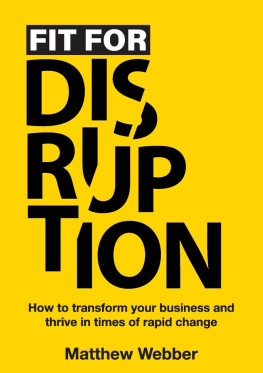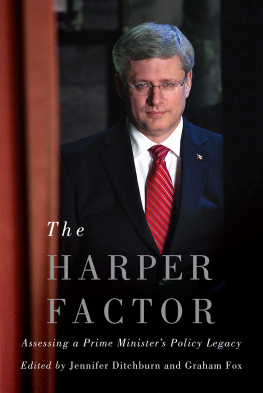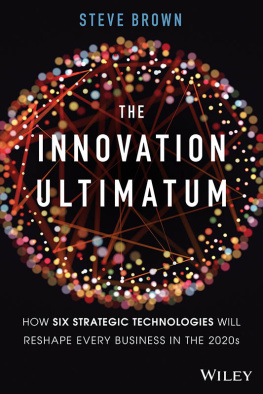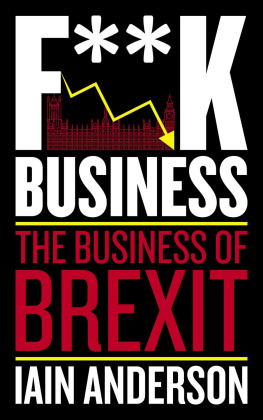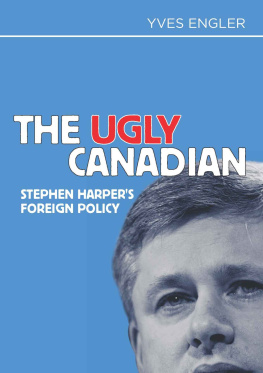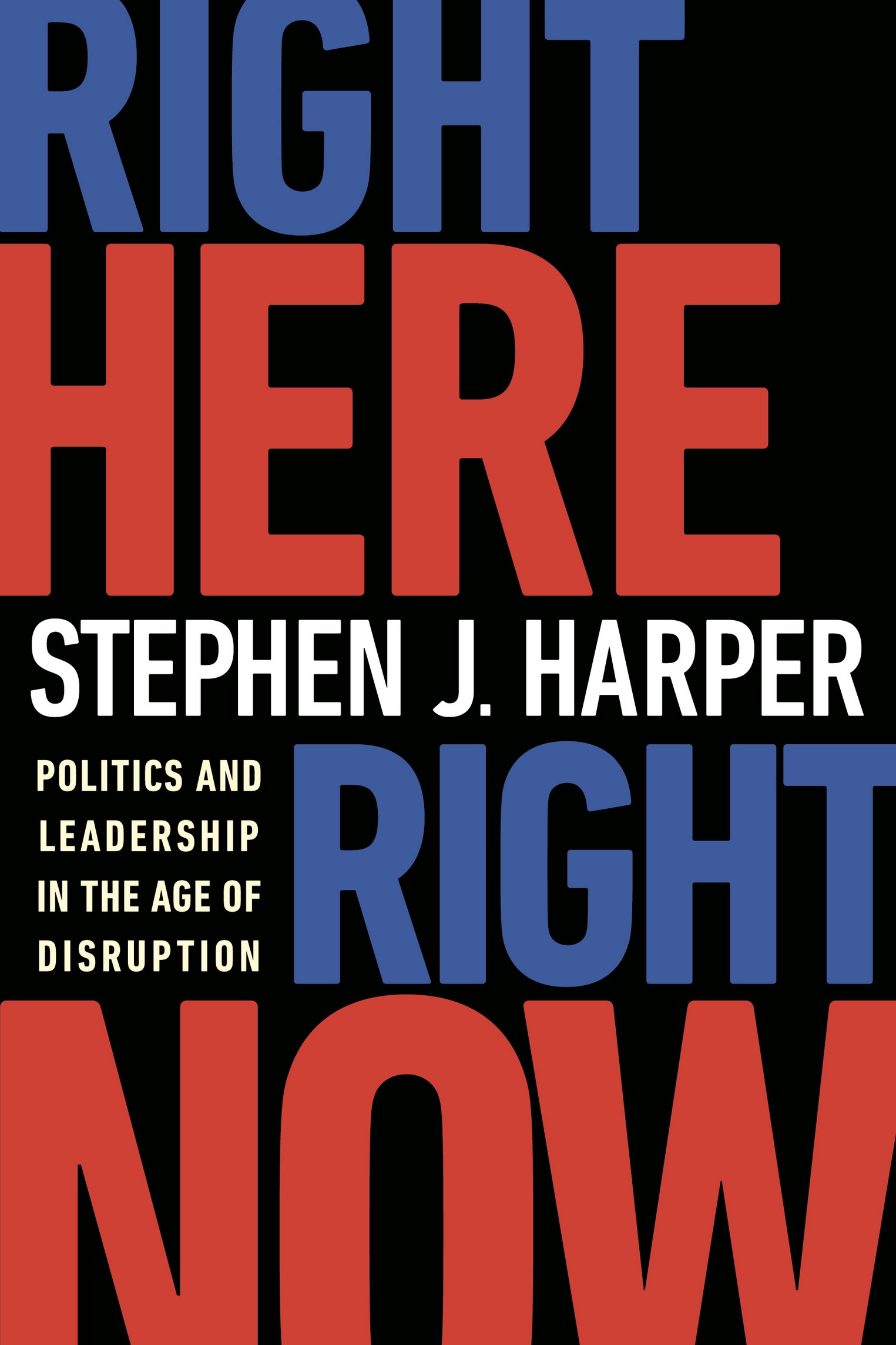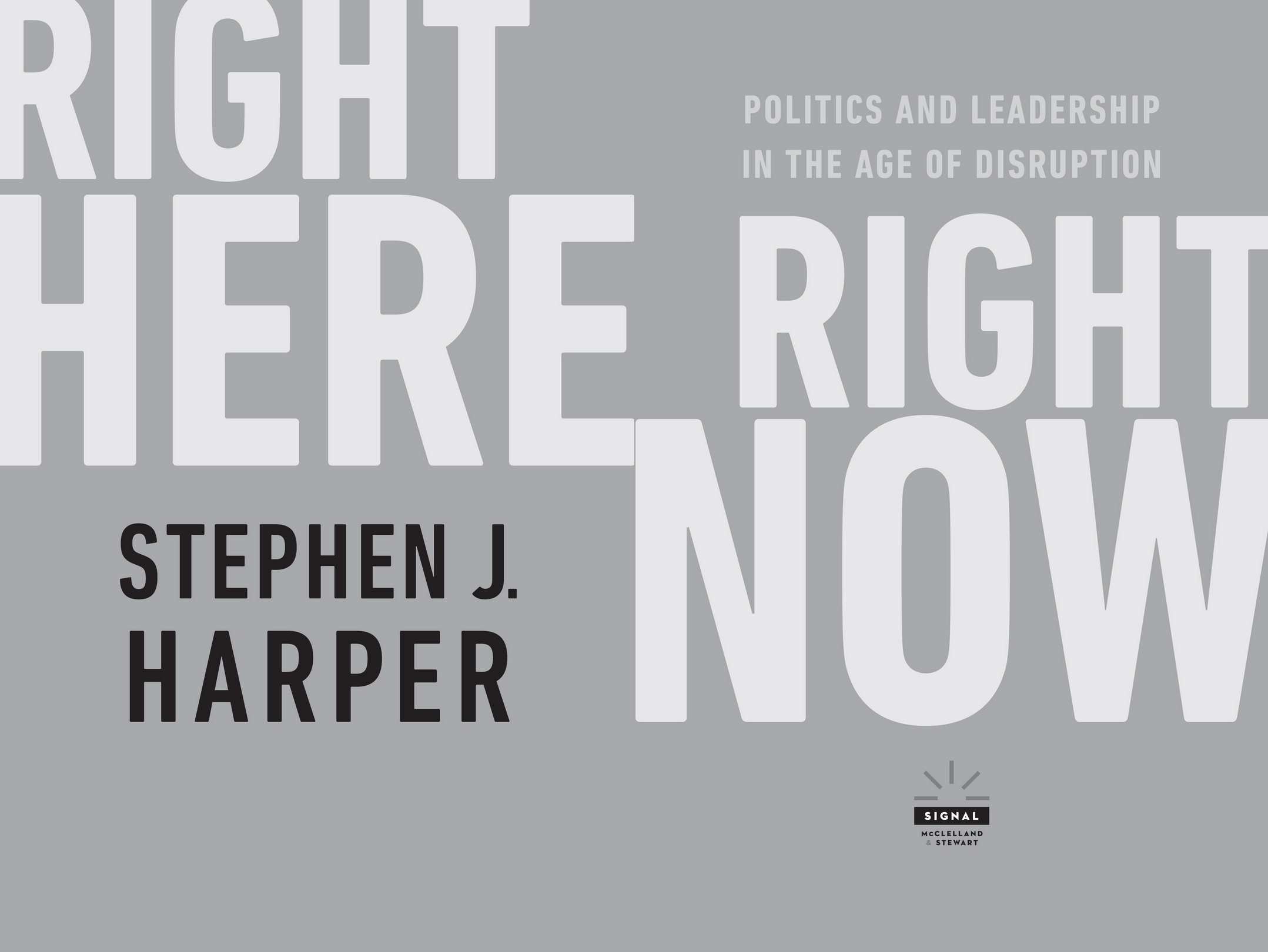Copyright 2018 Harper & Associates Consulting, Inc.
All rights reserved. The use of any part of this publication reproduced, transmitted in any form or by any means, electronic, mechanical, photocopying, recording, or otherwise, or stored in a retrieval system, without the prior written consent of the publisheror, in case of photocopying or other reprographic copying, a licence from the Canadian Copyright Licensing Agencyis an infringement of the copyright law.
Signal and colophon are registered trademarks of Penguin Random House Canada Limited.
Right here, right now : politics and leadership in the age of disruption / Stephen Harper.
Issued in print and electronic formats.
1. Conservatism. 2. Political leadership. 3. Populism. 4. Globalization. 5. Economics. 6. Social history21st century. I. Title.
PROLOGUE
If you are interested in politics, you will remember where you were on November 8, 2016.
I was watching the U.S. presidential vote in my basement living room. My (interim) successor as leader of the Conservative Party of Canada, the Hon. Rona Ambrose, was with me. So was the leader of the United Conservative Party of Alberta, the Hon. Jason Kenney. I did not expect Donald J. Trump to be elected president that evening. But unlike most observers, I did think it was at least possible. It had taken me a long time to even get there.
In the year and a half of the Republican presidential primaries, Trump had not impressed me. He seemed to me less conservative, less convincing, and less politically capable than virtually all of the other candidates. He had a presence and a forcefulness, but not much else.
Let us be frank. It was obvious that Trump was not really a conservative and not even a Republican. After all, he had not been either of these for most of his life. As a GOP supporter in the previous few years, he had been noteworthy only as the embarrassing proponent of the Obama birther theory. Such outrageous statements and outlandish conduct have continued to mark his public persona.
But Trump won the Republican nomination, and now he was winning the presidential election. So, I asked myself: What happened? I could have concluded what most commentators concluded. They had predicted Trump could not winthat he could never winbecause he is a fool and a bigot. Therefore, they surmised, the voters must be fools and bigots as well.
For many liberals, wedded to the belief that those who disagree with them are fools and bigots by definition, that answer may be good enough. For us conservatives, who fancy ourselves students of human nature and human experience, it should not. The ones with the foolish and preconceived notions were those who got it so wrong. It is time to re-examine our assumptions.
So here is my re-examination in a nutshell. A large proportion of Americans, including many American conservatives, voted for Trump because they are really not doing very well. They are not doing well in the world that we conservatives created after the Cold War. And they are not doing well, in part, because of some of the policies we conservatives have advocated.
In short, the world of globalization is not working for many of our own people. We can pretend that this is a false perception, but it is not. We now have a choice. We can keep trying to convince people that they misunderstand their own lives, or we can try to understand what they are saying. Then we can decide what to do about it.
Conservatives won the Cold War. Ronald Reagan, Margaret Thatcher, and their generation stood against communism abroad and socialism at home. And they were largely successful. Our valuesfree societies, free markets, free trade, free movementhave spread around the world.
The problem is this: globalization has been very successful for many of the worlds people, but not so much for many of our own. A billion people worldwidemostly in the emerging economies of Asiahave moved out of poverty. Yet, in many Western countries, the incomes of working people have stagnated or even declined over the past quarter-century. This is especially true in the United States.
Trump clearly understood this. The other Republican candidates stood on the stage telling conservative voters that the solution to the failures of globalization in their lives was more free trade, more open borders, and an American government focused on the rest of the world. Many were not buying it.
Of course, some conservatives were buying that story. A few of them even voted for Hillary Clinton. Yet, ironically, many Democratic voters were not buying what she was sellingconservative orthodoxy on globalization supplemented with the liberal social agenda. They voted for Trump in much larger numbers. That is why he is president.
The 2016 presidential election may have been a choice between two unpopular candidates, but it was at least an interesting choice. It was not between a traditional conservative and an old-fashioned liberal. It was shaped by a political spectrum that is shifting entirely. The uneven impacts of globalization are altering the political dynamics of the United States and other Western nations in some specific ways. Many traditionally conservative voters, particularly those not doing well economically, are starting to question old market dogmas. At the same time, many liberals, especially those faring exceedingly well, are embracing aspects of the global marketplace.
I put it like this: there is a widening chasm between the perspectives of establishment institutions of all kindscorporations, banks, bureaucracies, academia, media, entertainmentand those who do not identify with such institutions. It is a split between those whose economic interests are global and those whose interests are local. It is between those whose lives cross borders and those who live within them. It is between those whose identities are international and multicultural and those whose identities are national and traditional. Most importantly, it is increasingly between those who believe they are getting ahead and those who can see that they are not.
This is, of course, not limited to America. The same dynamicselites versus populistswere behind the surprise outcome of the Brexit referendum. Something similar is happening in Europe as well, as the space occupied by traditional political parties of both the centre right and centre left is gradually shrinking in the face of insurgent political movements.


